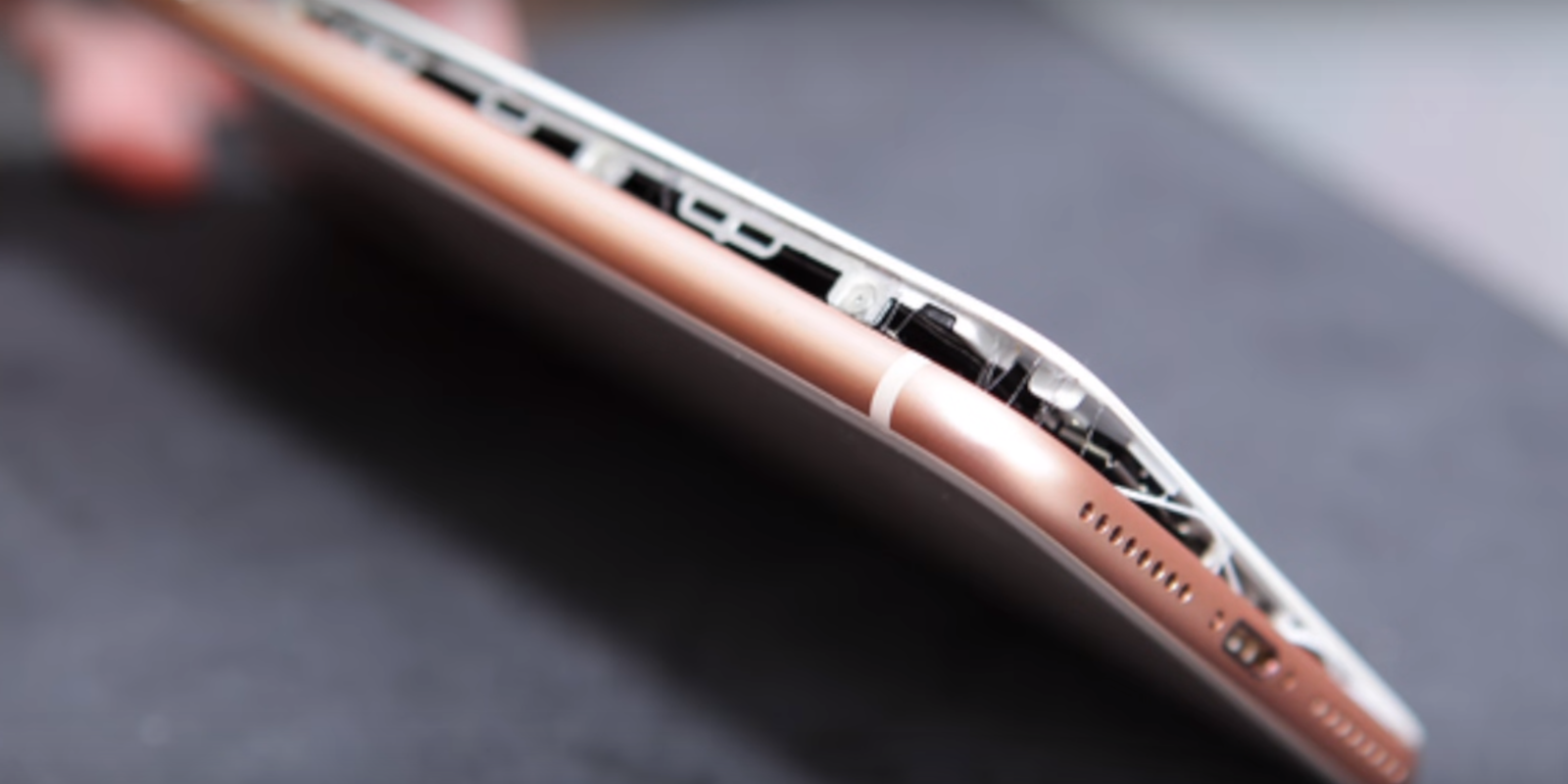Apple’s newest smartphones are only a few weeks old, and there’s already a “gate” controversy going around social media.
Apple confirmed on Monday that it’s investigating two reported cases of iPhone 8 Pluses splitting apart while charging.
An iPhone 8 Plus owner in Taiwan said her five-day-old device split open when it was connected to the official Apple charging cord. After three minutes, the owner claims the smartphone started to swell before she yanked it off the charger. Another iPhone 8 Plus owner in Japan said his phone was split open the moment he unboxed it.
Users on Twitter have shared multiple images of the alleged issue, tagging posts with #splitgate.
#splitgate? new flaw of #iPhone8 ? #2017 #apple #iOS11 #iphoneX pic.twitter.com/YvVYtUVAuZ
— Magnifique App (@magnifiqueapps) September 30, 2017
The phones have been returned to Apple and are currently being tested. “We are aware and are looking into it,” Apple said in a statement. The Cupertino-based mobile giant is not commenting on the specific incidents.
It’s still not clear what’s causing the problem, but many people believe it has to do with battery swelling. Nearly every piece of technology you buy today houses a lithium-ion battery. Manufacturing defects combined with overheating or overcharging can cause these batteries to swell. If the swelling is bad enough, it could compromise the casing of a battery, leaving the phone susceptible to dangerous leaks and even explosions. If you believe the battery on any of your devices is expanding, unplug it, turn it off, take the battery to a designated e-waste drop-off center, and buy a new one.
While these reports are concerning, you shouldn’t (yet) fear that the iPhone 8 Plus is suffering from the same issues that brought the Note 7 crashing down. So far, there have been very few reported cases of splitting and (knock on wood) no explosions.
As terrifying as it may sound, exploding devices—especially smartphones—aren’t uncommon. You can find reports of devices catching on fire for almost every phone released in the past few years, including the iPhone 7. What Apple wants to avoid are widespread problems that could turn a batch of iPhones into miniature explosives.
H/T ExtremeTech


